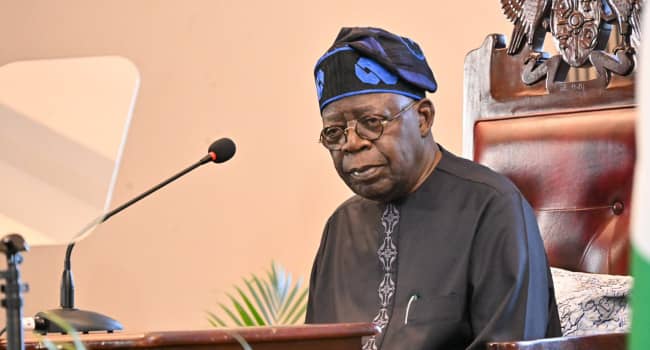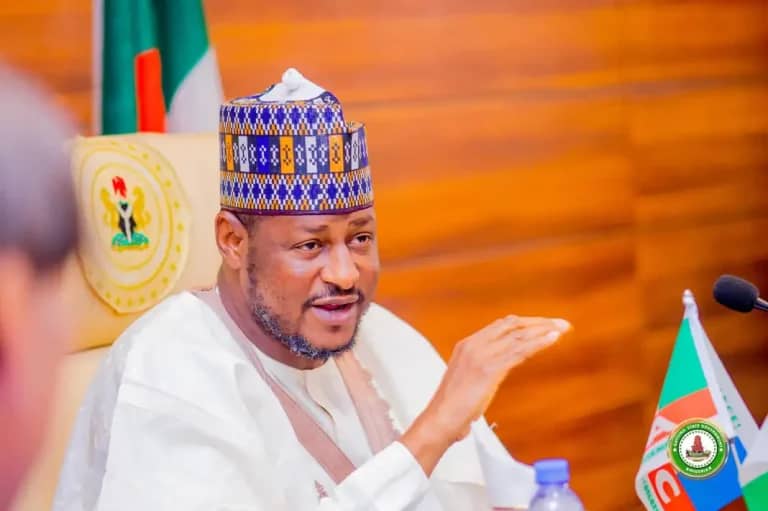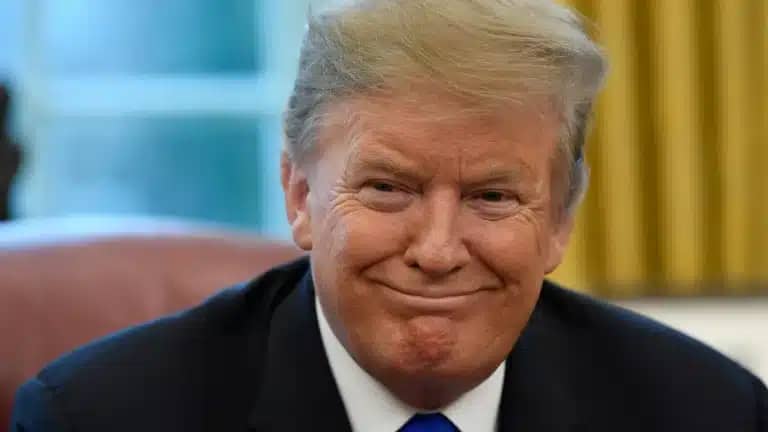President Bola Tinubu has explained why his administration has yet to release Nigeria’s long-awaited ambassadorial list, nearly two years after all ambassadors were recalled from the country’s 109 foreign missions.Speaking
on Tuesday during a meeting with members of The Buhari Organisation at the Presidential Villa in Abuja, Tinubu admitted that political and administrative hurdles have made the process of finalizing nominees more difficult than expected.
The president stated that while some ambassadorial slots remain unfilled, the selection process has been slow due to competing interests and the complexity of balancing different demands. He acknowledged the patience of Nigerians and political stakeholders, adding that he was taking time to carefully vet the names before submitting them to the Senate.
“I couldn’t appoint everybody at once, and I thank you for your patience. I still have some slots for ambassadorial positions that many people are craving for. But it’s not easy stitching those names,” Tinubu said.
The ambassadorial shake-up began in September 2023 when the Tinubu administration recalled all career and non-career envoys as part of what it described as a comprehensive diplomatic overhaul. Since then, most of Nigeria’s embassies and missions abroad have been left under the management of chargés d’affaires or senior consular officers, creating a leadership vacuum in the country’s foreign representation.
Although security clearance for potential nominees was reportedly completed in April 2025, the consolidated list of appointees has not yet been forwarded to the Senate. Sources within the administration suggest that part of the reason for the delay is Nigeria’s financial situation. The federal government is grappling with about $1 billion in arrears related to foreign service operations, which include unpaid allowances for diplomatic staff, overdue renovations of missions, replacement of official vehicles, and other running expenses.
Officials argue that without addressing these funding gaps, newly appointed ambassadors would face immediate operational difficulties in their host countries. The presidency is therefore said to be weighing the financial implications carefully before proceeding with the appointments.
Under Nigeria’s constitutional process, once the ambassadorial list is submitted, the Senate Committee on Foreign Affairs will screen the nominees. The full Senate will then vote on their confirmation. Afterward, confirmed ambassadors are scheduled to undergo training and orientation at the Ministry of Foreign Affairs before being deployed to their respective missions.
Tinubu assured his visitors at the Villa that the eventual ambassadorial appointments would be guided by wide consultation and careful consideration. He said he is committed to striking the right balance to ensure the list reflects merit, competence, and national representation.
The delay, however, has raised concerns among observers about Nigeria’s diplomatic effectiveness. With ambassadors absent from key countries for nearly two years, critics argue that the nation risks losing ground in international negotiations, trade opportunities, and political alliances. Diplomatic analysts have also warned that extended reliance on chargés d’affaires could undermine Nigeria’s influence in multilateral forums and weaken its ability to lobby effectively for regional and global interests.
Despite these concerns, Tinubu appears determined to avoid rushing the process. His administration insists that the final ambassadorial list will be released only after thorough screening of potential candidates and resolution of the funding challenges facing the Ministry of Foreign Affairs.
For now, Nigeria’s foreign missions continue to operate at reduced capacity, while stakeholders await the president’s final nominations. Once the list is forwarded to the Senate, the screening and confirmation process is expected to be closely watched, given the prolonged delay and the strategic importance of the appointments.
Tinubu’s remarks suggest that while the wait may continue a little longer, the administration is keen to ensure that the next set of ambassadors will not only represent Nigeria abroad but also be adequately supported to perform effectively.





